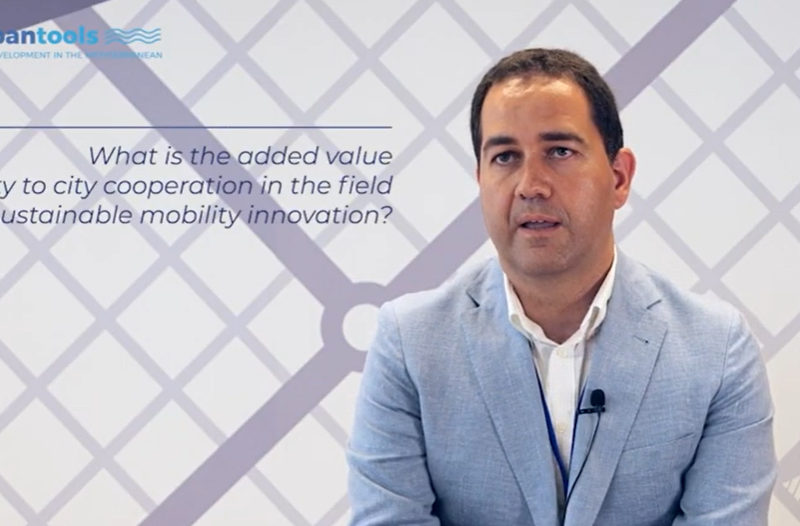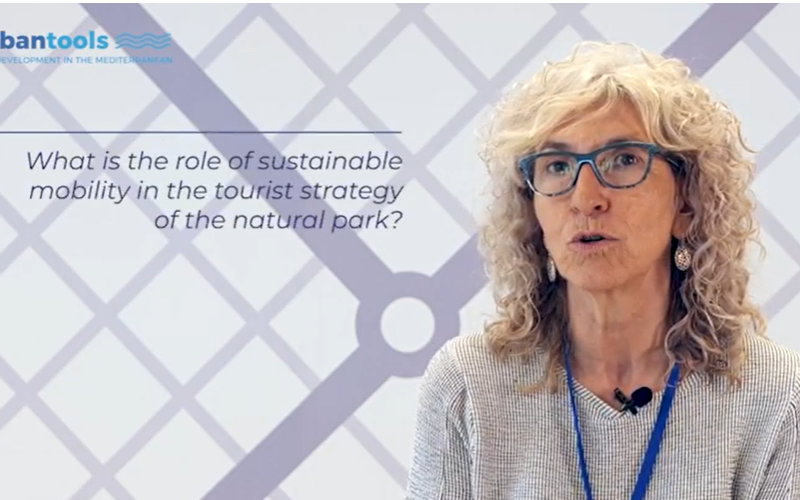WASTE WATER
Irri-Alt’Eau project: using waste water to water the Greater Narbonne vineyards

Climate change is affecting grapevine development by reducing grape yields and quality. Vine watering therefore becomes essential for the wine producing regions. Meeting this increasing demand is generating tensions in terms of water distribution.
With an annual water balance deficit since 2000, the coastal vineyards of the Narbonnais region are subject to a significant lack of water, especially in summer. This deficit has significant consequences both on the quality of the harvest and on the yield of the vineyards.
The Irri-Alt’Eau project was launched to treat and use waste water to be used for this type of agriculture.
Tags: Waste water, climate change, vine, agriculture, Narbonne
Challenges addressed
- Maintain the grape yields quantity and quality without increasing pressure on the available water resources.
Main objectives
- Address the lack of water in soils without extracting natural water resources.
- Avoid use conflicts by using a resource that is available and that is not subject to restrictions.
- Ensure an alternative water resource which chemical and microbiological quality is controlled, within a specific regulatory framework, and limit the release of poorly treated or polluting waste water into the natural environment
Facts
Project type Waste water use in agriculture
Partnership Greater Narbonne, AQUADOC, Véolia, INRAE and Cave de Gruissan
Funding 1 572 000 €
Project description
The Irri-Alt’Eau project has set another treatment in the Narbonne Plage water treatment plant, in addition to the classic treatment that was already working. It includes two different steps, chlorination and UV irradiation, to eliminate microbiological pathogens, bacteria or viruses presenting risks of contamination for the environment, human, animal and plant health. This tertiary treatment is rigorously monitored by the Regional Health Agency, which carries out the tracing of dangerous molecules (such as those present in medicines) in order to verify that their quantity does not exceed the authorized threshold in drinking water. Numerous analyses of the water are thus carried out as soon as it leaves the treatment plant, then at ground level, on the grapes and even in the wine, so that health requirements are strictly respected.
The project has been initially deployed at Gruissan wine domain. Since the results were very positive, it is to be extended to all vineyards in the Greater Narbonne.
Thus, Irri-Alt’Eau 2.0 participates in the agro-ecological transition: the wine of tomorrow will be part of a local recycling process, according to the principles of the circular economy, by cultivating grapes without pesticides and of quality in a sustainable way, by limiting the waste of water resources as well as the production of waste, while taking into account the environmental and social impacts at each stage of production.
Impact and results
- The water from the wastewater treatment plant is richer in nutrients (nitrogen, phosphorus, potassium), but also more loaded with salts than surface water.
- The monitoring carried out highlights that the plant has become stronger and the production of wine has increased thanks to the supply of nutrients.
- The price of water varies according to the quality of the water produced and therefore depends on the type of treatment implemented.
Thus, within the framework of the Irri Alt’Eau project, the price of treated wastewater was assessed at €0.70/m3, i.e. a higher price than so-called “agricultural” water, €0.35/m3 in average, but less important than drinking water, €1.30/m3 on average.
RELATED CONTENT





